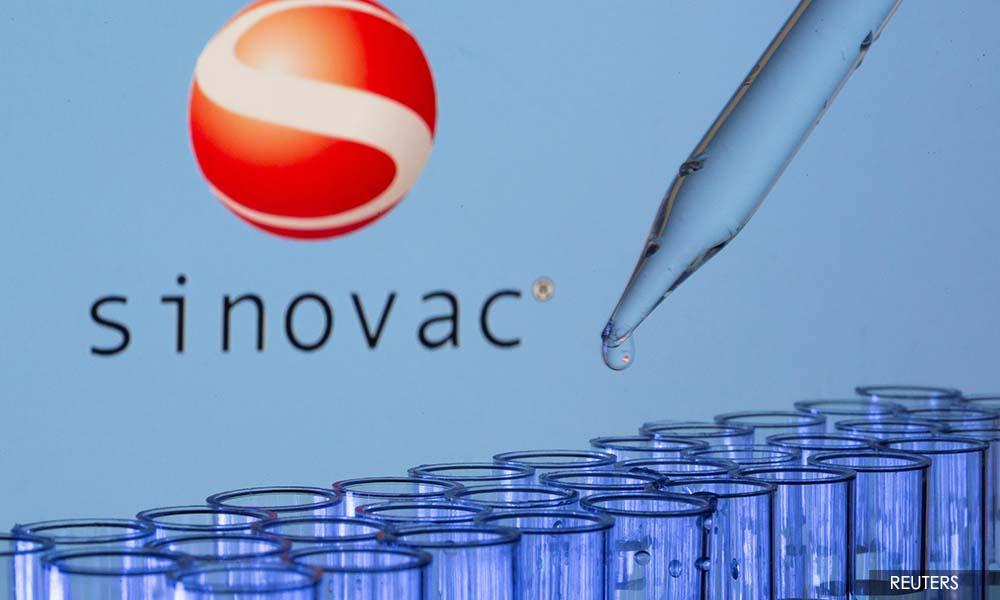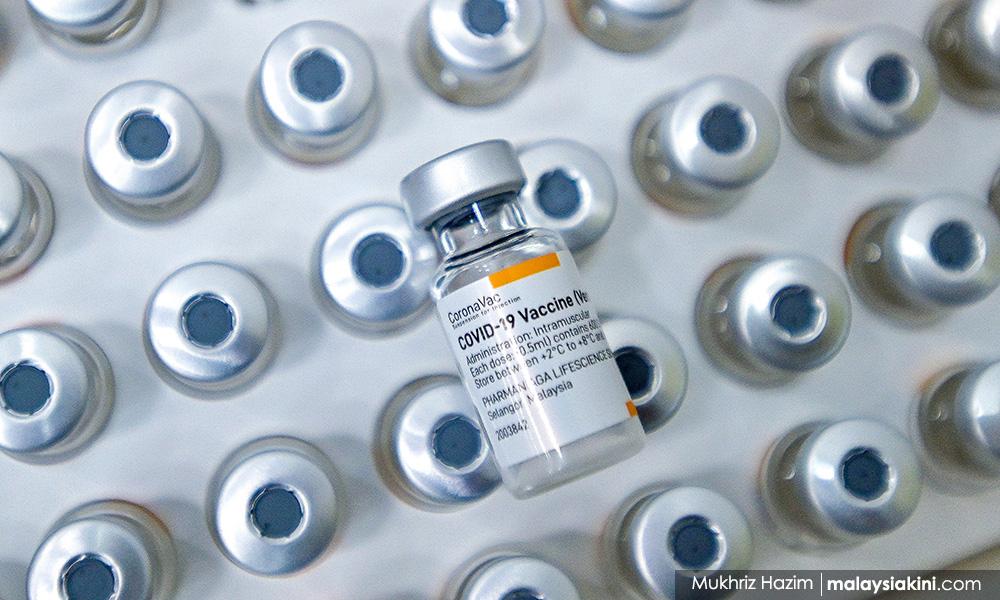The third dose of Sinovac’s Covid-19 vaccine can successfully boost antibodies that target the Omicron variant, according to a report by the Chinese state media outlet Global Times.
The company had reportedly described an antibody neutralisation assay it had conducted in a statement issued to the Global Times yesterday.
“Sinovac said that the data demonstrated that the administration of a booster shot of its vaccine can effectively enhance the vaccine's neutralising capacity to the Omicron variant,” said the report published yesterday.
According to the report, the study involved testing blood samples from 68 people who had taken the company’s vaccine against the Omicron variant – 20 who had received two doses, and 48 who had received three.
Of these, only seven people in the first group had enough antibodies against the Omicron variant to be considered seropositive, corresponding to a seroconversion rate of 35 percent.
Greater protection
Meanwhile, 45 people in the second group have produced neutralising antibodies against the Omicron variant – a seroconversion rate of 94 percent.
The report did not describe what antibody levels were detected, particularly in comparison to other variants or other vaccines.

High antibody levels are roughly correlated with greater protection against a breakthrough infection, though the precise level needed to confer adequate protection is not known.
Antibodies are also only one facet of a complicated immune response, and antibody levels offer little insight on protection against severe diseases and death where other aspects of the immune response such as T cells can play a stronger role.
The Global Times report came after researchers at University of Hong Kong (HKU) reported their own antibody neutralisation assay findings, which offered the world’s first glimpse at how well the Sinovac vaccine might perform against the new variant.
It found that with two doses, either the BioNTech vaccine or the Sinovac vaccine, neither group of vaccine recipients had adequate antibody levels to fend off the Omicron variant.
“The public is advised to get a third dose of the vaccine as soon as possible while waiting for the next generation of a more matched vaccine,” the HKU researchers reportedly said on Tuesday.
Vaccine efficacy
A pre-print of the HKU study has been circulated online, and it has been reportedly accepted for publication in the Clinical Infectious Diseases journal.
It was conducted using two samples of the live virus that had been collected from Omicron variant patients in Hong Kong.
Meanwhile, Global Times report quoted Sinovac as saying that the company’s study was conducted using one of the samples originating from Hong Kong.
It said it is still studying the other sample and is also running another study on how the Omicron can affect its vaccine efficacy at different times following vaccination.

In Malaysia, the Health Ministry has told all adults who received the Sinovac vaccine to get a booster shot by February next year, or they will lose the “fully vaccinated” status.
The rule is also applicable to recipients of other vaccines who are above 60 years old.
Health Minister Khairy Jamaluddin did not explain the rationale for a stricter rule for Sinovac recipients when announcing the new rule.
However, a Health Ministry study had previously found that protection of the Sinovac vaccine infection and ICU admission wanes more rapidly than the Pfizer-BioNTech vaccine, though protection against death is largely retained.
Even before the emergence of the Omicron variant, it had recommended a booster shot three months after the second dose compared to six months for most other vaccines.
Other health authorities including the World Health Organization had also made similar recommendations in light of similar findings elsewhere. - Mkini



No comments:
Post a Comment
Note: Only a member of this blog may post a comment.